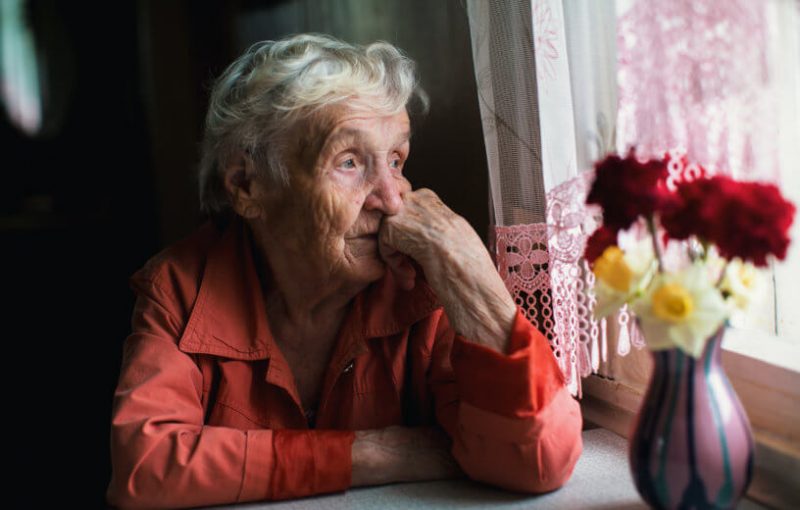(John Anderer) Social isolation is a word on the tip of everyone’s tongues these days. Staying away from others during this pandemic is keeping us safe, but a new study finds that prolonged social isolation is also quite dangerous.
Related California Hospital Records More Suicides Than Coronavirus Deaths During Lockdown
by John Anderer, May 22th, 2020
Researchers warn that socially isolated people are over 40% more likely to suffer a heart attack, stroke, or other major cardiovascular event.
Moreover, the socially isolated are nearly 50% more likely to die from any cause.
There was also an observed relationship between lack of financial support and increased cardiovascular risk.
The study was conducted by Dr. Janine Gronewold and Professor Dirk M. Hermann from the University Hospital in Essen, Germany.
They analyzed data on 4,316 people (average age: 59 years old) who had been recruited for research between 2000 and 2003.
All of those participants initially had no known cardiovascular problems, and were tracked for an average of 13 years.
Initially, each adult answered questions on their social support systems (marital status, number of close friends, memberships in various groups, clubs, organizations, etc).
“We have known for some time that feeling lonely or lacking contact with close friends and family can have an impact on your physical health”, Dr. Gronewold explains in a release.
“What this study tells us is that having strong social relationships is of high importance for your heart health and similar to the role of classical protective factors such as having a healthy blood pressure, acceptable cholesterol levels, and a normal weight.”
Book Healing With Iodine: Your Missing Link To Better Health
“This observation is of particular interest in the present discussion on the COVID-19 pandemic, where social contacts are or have been relevantly restricted in most societies,” adds Professor Jöckel, one of the PI’s of the HNR.
Over the course of that 13.4 year follow up period, 339 major cardiovascular events occurred (heart attacks, strokes), as well as 530 deaths.
Even after the research team accounted for other potentially contributing risk factors (medical history, exercise schedule, etc), social isolation was still linked to a 44% increased risk of cardiovascular events and a 47% increased risk of death by any cause.
Lack of financial support was associated with a 30% increase in cardiovascular risk.
“We don’t understand yet why people who are socially isolated have such poor health outcomes, but this is obviously a worrying finding, particularly during these times of prolonged social distancing,” Dr. Gronewold says.
“What we do know is that we need to take this seriously, work out how social relationships affect our health, and find effective ways of tackling the problems associated with social isolation to improve our overall health and longevity,” Professor Hermann concludes.
The study is published in the European Journal of Neurology.
The longest study on happiness, conducted by Harvard, came to the same conclusion:
According to Robert Waldinger, director of the Harvard Study of Adult Development, one thing surpasses all the rest in terms of importance:
“The clearest message that we get from this 75-year study is this: Good relationships keep us happier and healthier. Period.”
Stillness in the Storm Editor: Why did we post this?
The news is important to all people because it is where we come to know new things about the world, which leads to the development of more life goals that lead to life wisdom. The news also serves as a social connection tool, as we tend to relate to those who know about and believe the things we do. With the power of an open truth-seeking mind in hand, the individual can grow wise and the collective can prosper.
– Justin
Not sure how to make sense of this? Want to learn how to discern like a pro? Read this essential guide to discernment, analysis of claims, and understanding the truth in a world of deception: 4 Key Steps of Discernment – Advanced Truth-Seeking Tools.
Stillness in the Storm Editor’s note: Did you find a spelling error or grammatical mistake? Send an email to [email protected], with the error and suggested correction, along with the headline and url. Do you think this article needs an update? Or do you just have some feedback? Send us an email at [email protected]. Thank you for reading.
Source:

[…] Read Original Article […]